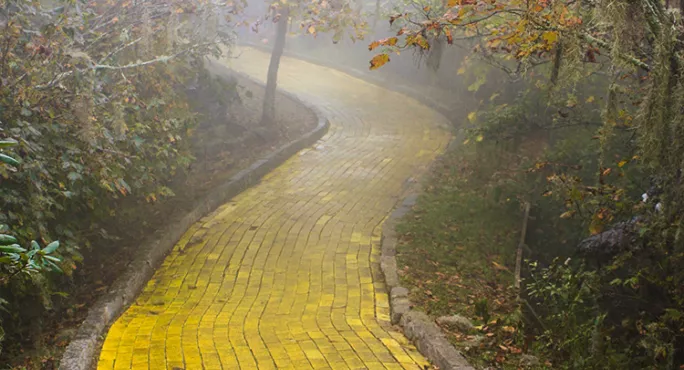Who knew I had a natural ability to hurdle? Who knew there was a future Bafta winner in our midst? Who knew what job I’d end up doing? Or where I’d live? Certainly not me at the tender age of 11, entering a high school with 600 per cent more students in my year group than there had been six weeks before.
There, I had learned what I was taught, and I did succeed. I was top of the Class Star chart for maths and literacy and the fastest runner in Year 6. I was sure I would do well at everything secondary school had to offer and was justly complacent about this new school setting.
Key stage 3 was a revelation. A treasure trove of new learning opportunities lay ahead. PE had hockey pitches, tennis courts and an athletics track and science had bunsen burners, chemicals and lab coats. Subjects were taught by teachers who were specialists - the French teacher was actually French.
During KS3, I became an organised learner, knowing which textbooks, files, folders and equipment I would need each day and keeping on top of my homework diary. I grew confident in my love of maths, athletics, music and science. I learnt to persevere in art and cooking. I burnt three bananas making banana custard, my muffins didn’t rise, and I had a trip to the school nurse after endeavouring to chop vegetables for homemade coleslaw.
In KS3, I discovered what motivated me to learn for my own benefit. Learning wasn’t something that I joined in with because I chose to conform; it was an active decision, a desire to be taught about things that interested me and left me wanting more.
How times have changed, it seems. A recent Tes analysis showed significantly less time being spent teaching music, art, drama, DT, PE and PHSE at KS3. I wonder if my schoolmate Rhys Ivans would have got his Bafta if our curriculum had been weakened by narrowing opportunities.
My deputy headteacher job description includes the title “curriculum architect”. The scrapping of KS3 Sats in 2008 was a cause for jubilation. The KS3 education experience had been marred by a constant fear of failure. At my school, we build a world of learning opportunities in 14 subject areas at KS3. I want the students in my care to become motivated, organised, confident learners who are working towards being independent learners. These three years full of rich content lay the foundation for the eight GCSE or equivalent courses we deliver at KS4. These include English, maths, combined science, ICT, and two vocational qualifications.
In my opinion, KS3 is where students learn who they are as learners. I was given the opportunity to explore the world of subjects, and it was a journey in which I had a say in the destination.
I still don’t know what I will become, but currently, I am a curriculum architect, building a yellow brick road of skills, knowledge, understanding and enjoyment, not an academic superhighway to GCSE.
Jill Kidwell is the deputy headteacher of Oaklands School in Winsford, Cheshire
